Public Interviews in Japan: A Double-Edged Sword for Foreign Visitors?
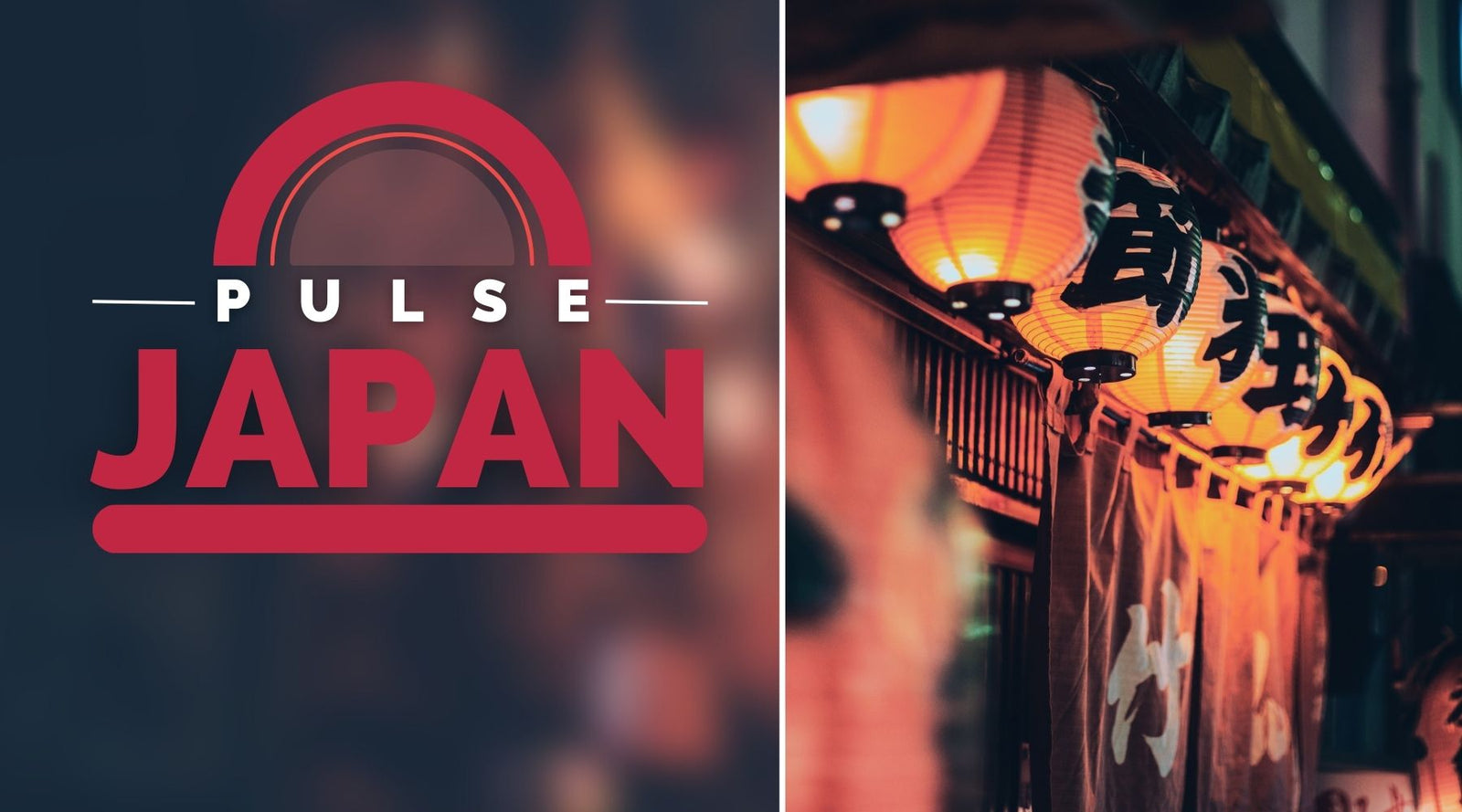
Public interviews in Japan, known locally as "インタビュー (intabyuu)," are a staple of the country's media landscape. Unlike the job or school interviews termed "面接 (mensetsu)"—which are more formal and private—public interviews are usually conducted on the street or in public areas, often targeting everyday citizens for their opinions on various topics. The distinction is crucial in understanding how these interviews fit into the broader societal context. Public interviews in this sense can range from light-hearted, spontaneous segments on TV variety shows to structured surveys on significant social issues.
The Kanto region, home to bustling metropolises like Tokyo and Yokohama, is the epicenter of these public interviews. Given its dense population and role as a cultural and economic hub, it's no wonder that Kanto has become the go-to area for media outlets seeking a diverse array of opinions.
Whether it's tourists in Asakusa, office workers in Shibuya, or students in Akihabara, the variety of voices available in Kanto makes it a prime location for gathering public sentiment. The omnipresence of cameras and reporters in these areas underscores the high frequency with which these interviews are conducted (Oku Japan).
For many foreign visitors, being approached for a public interview can be both an exciting and daunting experience. On the one hand, it offers a unique window into Japanese culture and society, providing an opportunity for direct cultural exchange. However, for some, it might also be an unexpected intrusion. The idea of being interviewed in a foreign language, perhaps about local customs or social issues, can be intimidating if one isn't fluent in Japanese.
Moreover, the prevalence of these interviews in tourist hotspots can shape visitors' perceptions, often leading them to believe that Japan is more outgoing and extroverted than it might appear in everyday settings. This public-facing aspect can sometimes create an idealized view, emphasizing politeness and curiosity over other, subtler societal traits.
As we delve deeper, it's essential to consider both the positive and negative implications of these public interviews on various facets of the tourist experience, from genuine cultural immersion to the inadvertent reinforcement of stereotypes.
The Welcoming Face of Japan
For many foreign visitors, public interviews can feel like a delightful greeting card from Japan, warmly ushering them into a world of smiles and curiosity. It's not uncommon to walk through a busy intersection in Shibuya or relax in Yoyogi Park and suddenly find yourself surrounded by a keen-eyed group ready to ask you about your experience in Japan.
It's a moment that makes many feel special and welcomed. These interviews generally shine a light on the country's well-known politeness and inviting nature, allowing visitors to feel a unique sense of connection and inclusion.
Moreover, these encounters rarely fail to elicit smiles and laughter, often turning into memorable snapshots of the trip. Just think of the delight in getting asked if ramen really is "too tasty" compared to your home country's cuisine or being complimented profusely on your ability to use chopsticks—it's heartwarming!
The charm and sincerity in these engagements often erase any initial hesitations travelers might have, providing them an authentic and personal interaction with the local people.
Public interviews serve as more than just a monologue of foreign perspectives; they also offer a window into Japanese cultural idiosyncrasies. For instance, you might be asked about your impressions of Japanese punctuality—a subtle nod to a societal value deeply ingrained in daily life. These tastefully probing questions help emphasize certain cultural values, such as respect for elders, group harmony, and a relentless work ethic (Moon).
Moreover, the structured nature of these interactions and the formality with which they’re conducted can give visitors an understanding of Japan’s high-context communication style. A bow here, a nod there—each gesture gently coaxes out a deeper understanding of the social fabric that defines Japanese society (EJable).
Beyond providing insights, public interviews create valuable opportunities for cultural exchange. Foreign visitors get the chance to share their own cultural norms and experiences, often leading to enlightening discussions that benefit both parties. This cross-cultural dialogue can help debunk stereotypes on both sides, giving Japanese interviewers a fresh perspective on foreign cultures while helping visitors better understand Japanese ways.
For instance, explaining why tipping is customary in your home country might lead to an enlightening conversation about Japanese service principles, where exceptional customer service is the norm, sans tips. These interactions foster mutual respect and curiosity, bridging gaps that might otherwise remain closed.
As we peel back the layers of these public interactions, it’s clear they offer a shimmering glimpse into Japan’s welcoming culture, becoming treasured moments for many tourists. However, like any story, there’s more beneath the surface. While these experiences are heartening, they can also create certain expectations and stereotypes. Transitioning into the next exploration will help uncover another perspective, painting a fuller picture of the public interview phenomenon in Japan.
Potential Drawbacks for Foreigners
Despite the charm and enthusiasm often evident in public interviews, foreign visitors in Japan may encounter some underlying drawbacks. As appealing as the spontaneous cultural exchange seems, unforeseen challenges can emerge.
Dating in Japan can be a mixed bag for non-Japanese men and women. While some foreign men may find it relatively easy to secure dates, primarily due to the novelty factor, the reality doesn't always match up with initial impressions from public interviews.
Many Japanese women might show interest in foreign men, but this often stems from curiosity about something different rather than a genuine desire for a serious relationship. Cultural differences and language barriers can be significant roadblocks (Zooming Japan).
Moreover, there is a notable reluctance when it comes to committing long-term. Foreign men might quickly find that they are perceived as a temporary novelty rather than long-term relationship material. The reluctance to marry or introduce them to family is often rooted in cultural expectations and social norms (Quora).
Public interviews can sometimes paint a skewed picture of Japanese society. The respondents are often more outgoing and willing to participate in such interactions, while the more reserved majority of the population might not be represented. This can lead foreigners to develop unrealistic expectations about the extent of extroversion and curiosity prevalent across Japan. The polite and considerate facade might occasionally mask deeper, less visible societal norms, which can create a gap between perceptions and reality (Noahpinion Blog).
Language can be a substantial barrier, not only in regular day-to-day interactions but also during public interviews. The nuance and subtleties of the Japanese language often don't translate well into English, leading to possible misinterpretations of responses. This might result in foreigners receiving a diluted or over-simplified understanding of local opinions and cultural nuances (Linkedin).
While these drawbacks can be challenging, they also offer a valuable opportunity for deeper understanding and reflection. The differences and potential misinterpretations highlight the need for nuance in cultural interactions. Acknowledging these challenges allows foreign visitors to better navigate and appreciate the complexities of Japanese society beyond initial impressions.
Impact on the Tourist Experience
Public interviews in Japan can sometimes feel like a spotlight unexpectedly turned on you, making what was once an intimate or personal adventure suddenly very public. This intrusiveness can shatter the authentic vibe many tourists seek. Japan is renowned for its serene temples, breathtaking gardens, and the tranquil beauty of its countryside. Having an interviewer jump out from around the corner in the midst of a contemplative moment at Kiyomizu-dera can be quite jarring.
Tourists may find these interruptions break the flow of their travels, causing a shift from personal exploration to an often awkward public display. Although some visitors might delight in this spontaneous interaction, others might find it disruptive and at odds with their quest for an unfiltered experience of Japan.
Public interviews often aim to capture the perspective of the "average person." However, these brief snapshots can sometimes lead to broad generalizations and stereotypes. Imagine a series of interviews highlighting only the extravagant fashion of Harajuku or the intense punctuality of Tokyo's salarymen. While such characteristics do exist, they do not represent the full spectrum of Japanese society.
These selective portrayals can craft a skewed reality for uninformed viewers, fostering stereotypes that may not align with the complex layers of Japanese culture. Foreign visitors, basing their expectations on these interviews, might perpetuate clichéd assumptions, overshadowing the more nuanced realities they could otherwise discover.
The way public interviews depict Japan can significantly shape travel decisions. Tourists often plan their trips around the highlights broadcasted by media. Scenes of ramen slurping in Shinjuku or the bustling crossings at Shibuya might draw crowds to these specific locales. As a result, lesser-known yet equally remarkable spots might get overshadowed by the famous, media-highlighted locations.
Places like Tohoku's serene beauty or the historical richness of Kanazawa might remain on the outskirts of travel plans simply because they are not featured in high-profile interviews. This concentration of tourists in more popular areas contributes to overcrowding and dilutes the sense of discovery, leaving many hidden gems unexplored.
Public interviews, while entertaining and informative, should be taken with a grain of salt. It's important to balance these insights with personal research and exploration to truly embrace the diverse and multifaceted nature of Japan. As visitors navigate through Japan, they should remain open to experiences beyond what media portrayals suggest, ensuring a richer, more authentic journey.
Next, we'll delve deeper into Japanese communication styles in public settings, unraveling the cultural norms that shape responses during these interviews.
Cultural Context of Public Interviews
If you’ve ever been party to a Japanese public interview, you know it’s nothing like the brash, in-your-face style some Western media favor. Instead, Japanese communication oozes subtlety and indirectness. Here, ambiguity reigns supreme. People might dodge outright confrontation like it's a cup of badly brewed tea, and instead, lean on phrases like "it's a bit difficult" or "I'll consider it" when they really mean "no" (ejable.com).
Another idiosyncrasy of Japanese communication is avoiding the spotlight. The whole "team first" mentality means that standing out is often seen as bad form. Individuals don’t rush to pump their own tires, showing modesty whenever possible (Commisceo Global). This cultural trait permeates interview responses. Therefore, an enthusiastic “yes” might actually be a hesitant “perhaps,” and a prolonged silence can speak volumes more than a monologue ever could.
Moreover, you can't overlook the non-verbal cues integral to this intricate dance. A nod can signify agreement, while a pause might indicate discomfort (Peregre Works). Don’t forget the cultural insistence on cleanliness and politeness. Japan’s public spaces, from trains to temples, reflect an inner need for harmony and order—qualities interviewers often mirror.
Contrast this with the West, where interviews might feel more like a courtroom cross-examination. Western communication tends to be direct, with individuals keen to showcase their achievements and opinions loudly and proudly (culturematters.com). This clash in styles can lead to confusion for unsuspecting tourists. A Japanese interviewee’s reserved and polite responses might be misinterpreted as disinterest or evasiveness by a Western listener.
Therefore, understanding these cultural nuances is crucial. While Western interviews often seek out individual opinions, stressing verbal ability and assertiveness, Japanese public interviews emphasize verbal expressiveness and the ability to maintain harmony (beyondintractability.org).
Understanding these differences offers a prism through which one can better appreciate the subtleties of Japanese public interviews. It becomes clear that these communicate much more than words—offering a glimpse into the collective soul of a nation.
Balancing Perspectives: Why This View Prevails
Understanding Japan solely through the lens of public interviews is like trying to grasp a novel by reading just the CliffsNotes version. Sure, you get the gist, but you miss the rich complexity and nuance that make the full experience engaging. Public interviews can be brilliant snapshots, but they often simplify a multifaceted culture.
The Japanese communication style, especially in public settings, is rooted in subtlety, harmony, and a kind of courteous reticence that's quite different from Western hot takes. This can sometimes result in rather bland, non-committal answers during interviews, as many Japanese people avoid giving opinions that may be perceived as confrontational or disrespectful (usvisagroup.com).
Diving deeper, qualitative interviews come with their bag of pros and cons. They're labor-intensive and can take forever to transcribe and analyze, but the granular insights they offer are gold (pressbooks.bccampus.ca). In Japan, local versus foreign interview dynamics add another layer. Foreigners participating in interviews may feel a power hierarchy, especially with native nationals, potentially skewing their responses (qualitative-research.net).
An essential aspect often overlooked is the importance of context. For example, the Japanese use two different words for "interview"—面接 (mensetsu) for job or school interviews and インタビュー (intabyuu) for public or media interviews (nihongoshark.com). Confusing these can mislead and misinform, altering one's perception of what constitutes an "interview" in Japan.
Context extends beyond words to the settings and purposes of these interviews. Public interviews conducted on bustling streets or during festivals capture a performative slice of life that's exciting yet not representative of daily norms.
Stepping back, it becomes clear that while interviews offer fascinating glimpses, it's crucial to balance these with personal experiences and diverse information sources for a more rounded understanding of Japan. Keeping an open mind while recognizing the layered complexities of cultural expressions can pave the way for a richer engagement with Japanese society.
Recommendations for Foreign Visitors
So you've found yourself in the bustling streets of Tokyo or Yokohama, and a camera crew zeroes in on you. Don't fret. These public interviews offer a unique chance to dive deeper into Japanese culture. Think of them as impromptu cultural exchanges.
While it's easy to feel self-conscious, especially with potential language barriers, it's vital to keep an open mind. Remember, this is more than just a snapshot; it's a window into the heart of Japanese society. So, embrace the moment with curiosity and understanding. Who knows? You might just learn something new about your hosts—and yourself!
Public interviews are like the appetizers of a grand meal—they give you a taste but not the whole feast. It's essential to balance these snippets with your own personal experiences. Wander through Kyoto's serene temples or sample street food in Osaka. Don't let a few soundbites define your entire perception of Japan.
These interviews often highlight the more extroverted and curious aspects of the local populace, but remember, there's a rich world beyond the lens. Dive into local activities, engage with people one-on-one, and discover Japan’s nuanced charm for yourself.
Public interviews can be informative, but they shouldn't be your only source of information about Japan. Make it a point to explore diverse media. Read books, browse reputable travel guides like (Diversity Abroad), or check out the (Official Japan Travel Guide). Japanese culture is intricate and layered, and understanding it fully requires varied perspectives. By seeking out multiple sources, you'll get a fuller, richer picture of the country and its people.
For a deeper dive, consider watching documentaries or reading articles by locals who can provide firsthand insights. This more holistic approach will arm you with a more balanced understanding, sidestepping potential stereotypes. Plus, it makes your travel experience that much more enriching and rewarding.
By maintaining an open mind, balancing public insights with personal experiences, and seeking diverse sources, you'll not only enjoy your time in Japan but also gain a richer understanding of its complex culture.
Conclusion
Public interviews in Japan paint a fascinating, if sometimes misleading, portrait of Japanese culture. On the positive side, they offer immediate, engaging interactions for visitors. Who wouldn't be charmed by candid street interviews that unveil interesting tidbits about local life? Such experiences often provide tourists with a sense of welcome and a direct peek into Japanese society's thoughts and values.
But here's the rub. Public interviews can also gloss over the complexities of Japanese life, creating an idealized narrative that might not sync with the everyday reality. For foreigners, this can be misleading. Imagine bracing yourself for a series of heartwarming street encounters, only to find the average Japanese local more reserved. The contrast can be jarring, risking visitors leaving with an overly simplistic or even skewed view of Japanese people.
Public interviews wield a double-edged sword when it comes to molding foreign perceptions. On one edge, they serve as a channel for delightful cultural exchanges, offering snippets of honesty and charm. On the flip, they can overrepresent the more extroverted, idealistic facets of Japanese society, leading viewers to form unrealistic expectations.
Consider how these interviews often present younger, cosmopolitan interviewees who are more accustomed to foreign interactions. This isn't representative of Japan as a whole, where attitudes towards foreigners can vary significantly across different demographics. Case in point, a (Nikkei) survey highlights how younger Japanese are more welcoming, while older generations might harbor reservations.
So, how should foreign visitors approach these public interviews? With a generous pinch of critical thinking! While it's tempting to take these interviews at face value, it's essential to dig deeper, question the context, and remember that these interviews are just one part of the complex cultural jigsaw puzzle that is Japan.
Visitors should seek to balance these interviews with their own experiences and other credible sources like travel guides, academic articles, and local insights. This well-rounded approach ensures a more nuanced, well-informed view of Japanese society. For example, combine insights from public interviews with experiences such as exploring lesser-known sites, interacting with locals in quieter settings, or even participating in local events, as highlighted by (Sanpai Japan).
By holding a critical yet open-minded stance, visitors can better appreciate the rich tapestry of Japanese culture while sidestepping potential misconceptions. Instead of relying solely on the often-performed scenes of public interviews, they can cultivate a more authentic and comprehensive understanding of Japan.












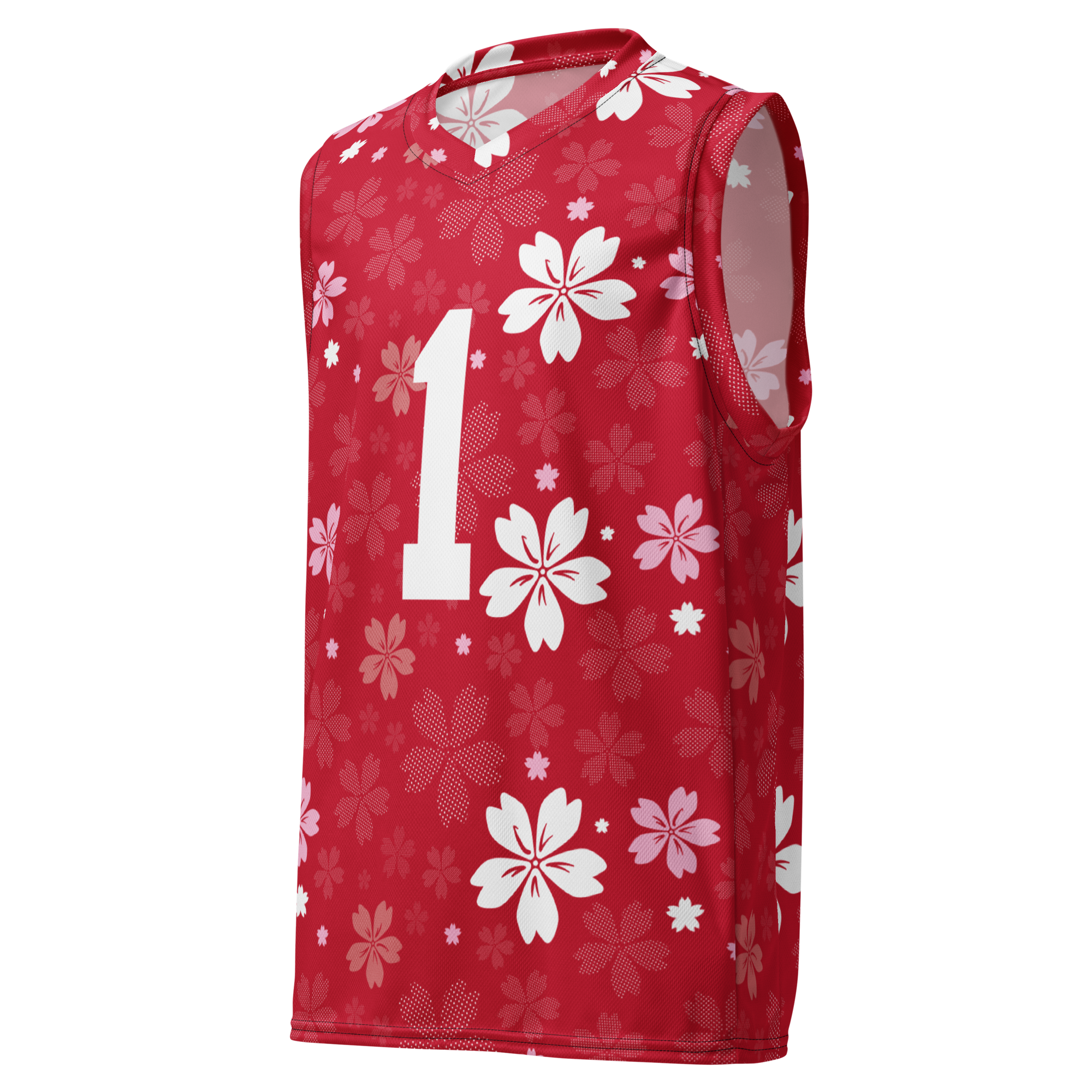
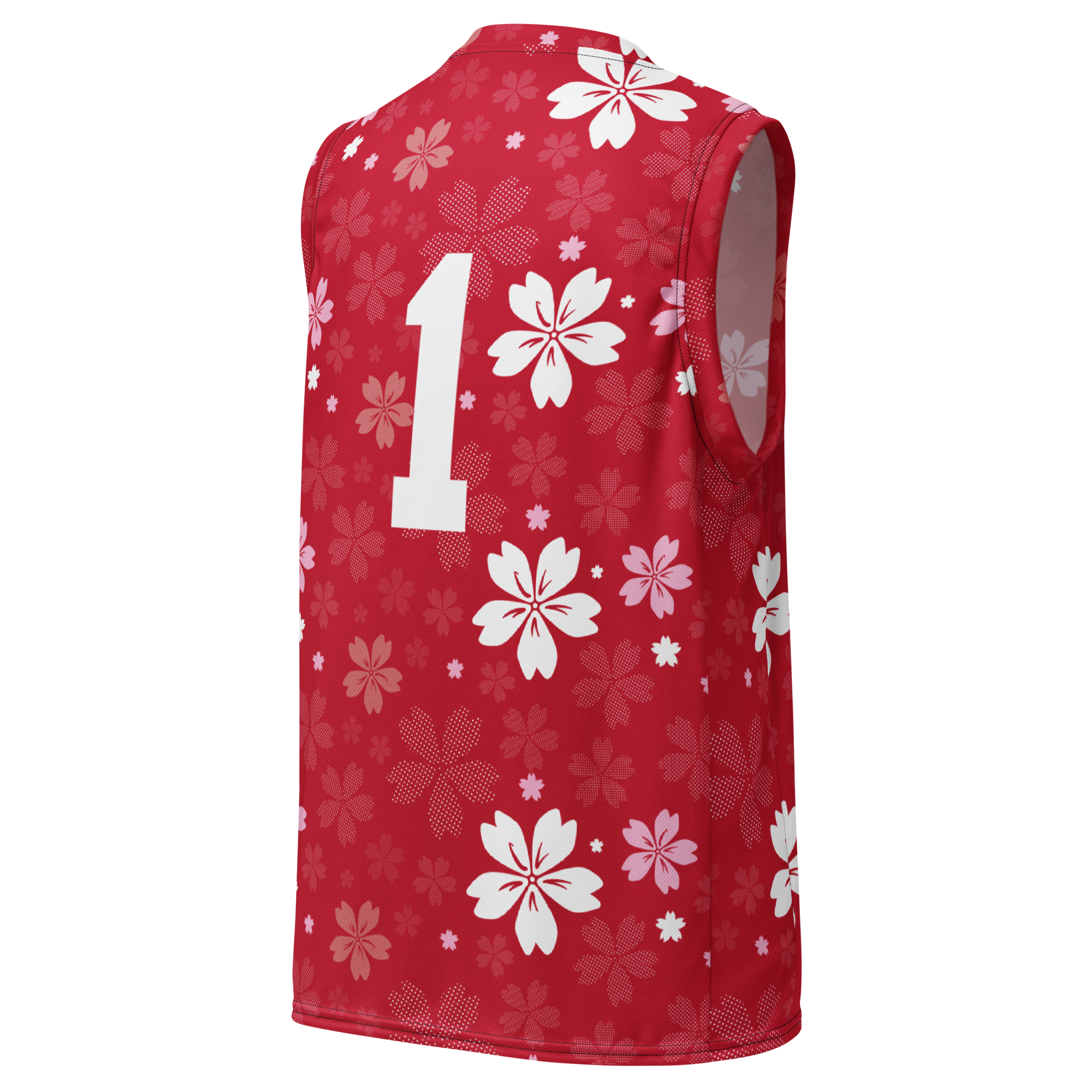
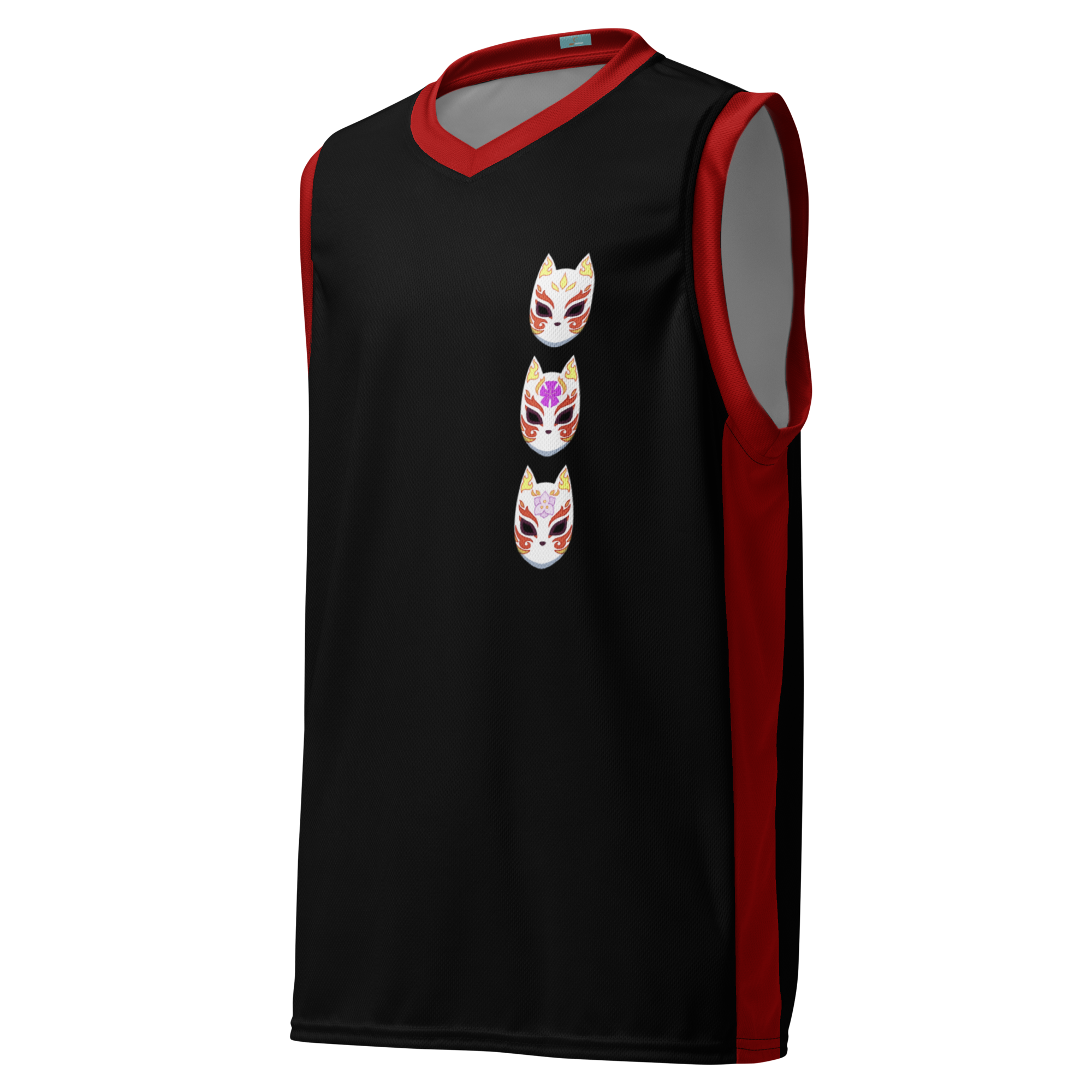

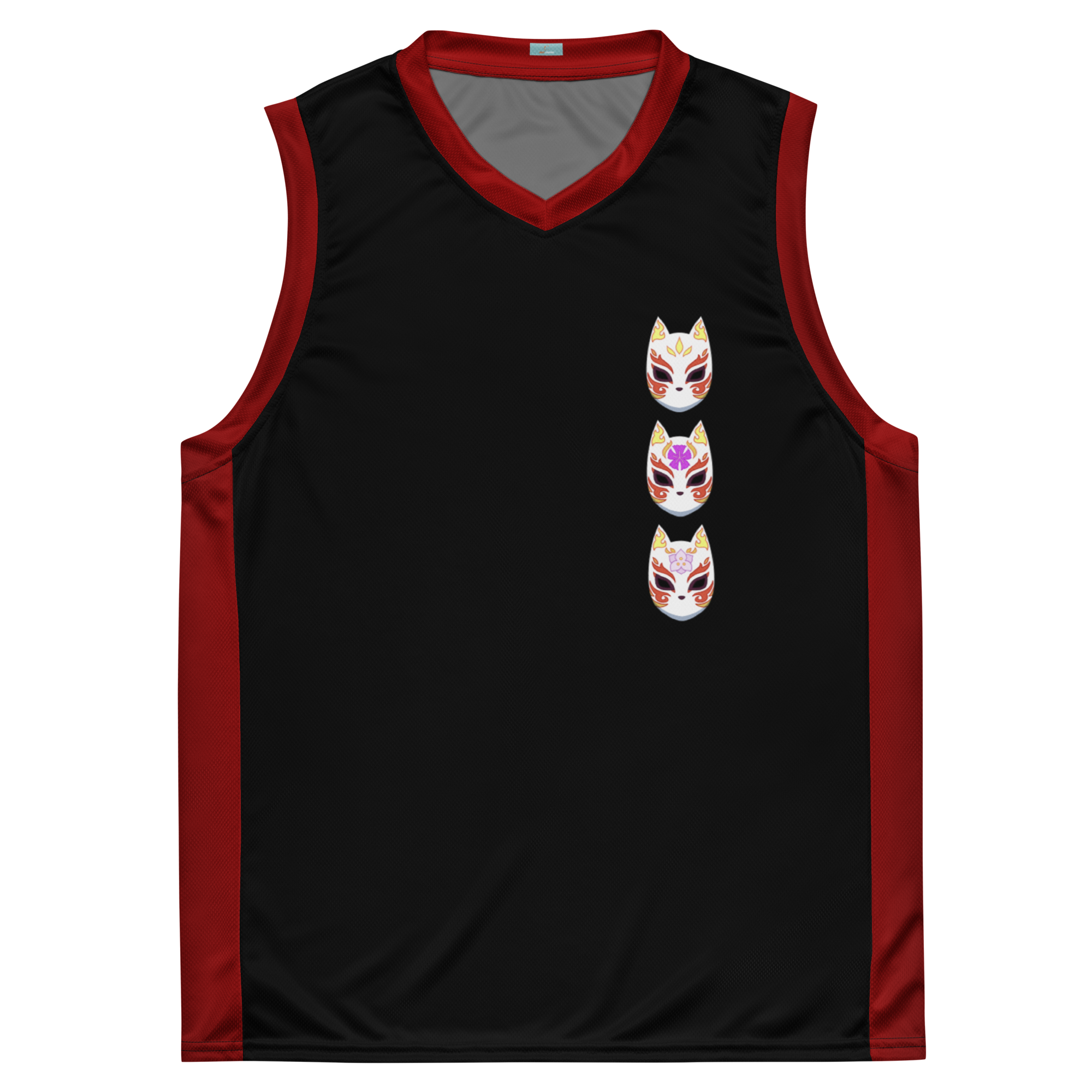

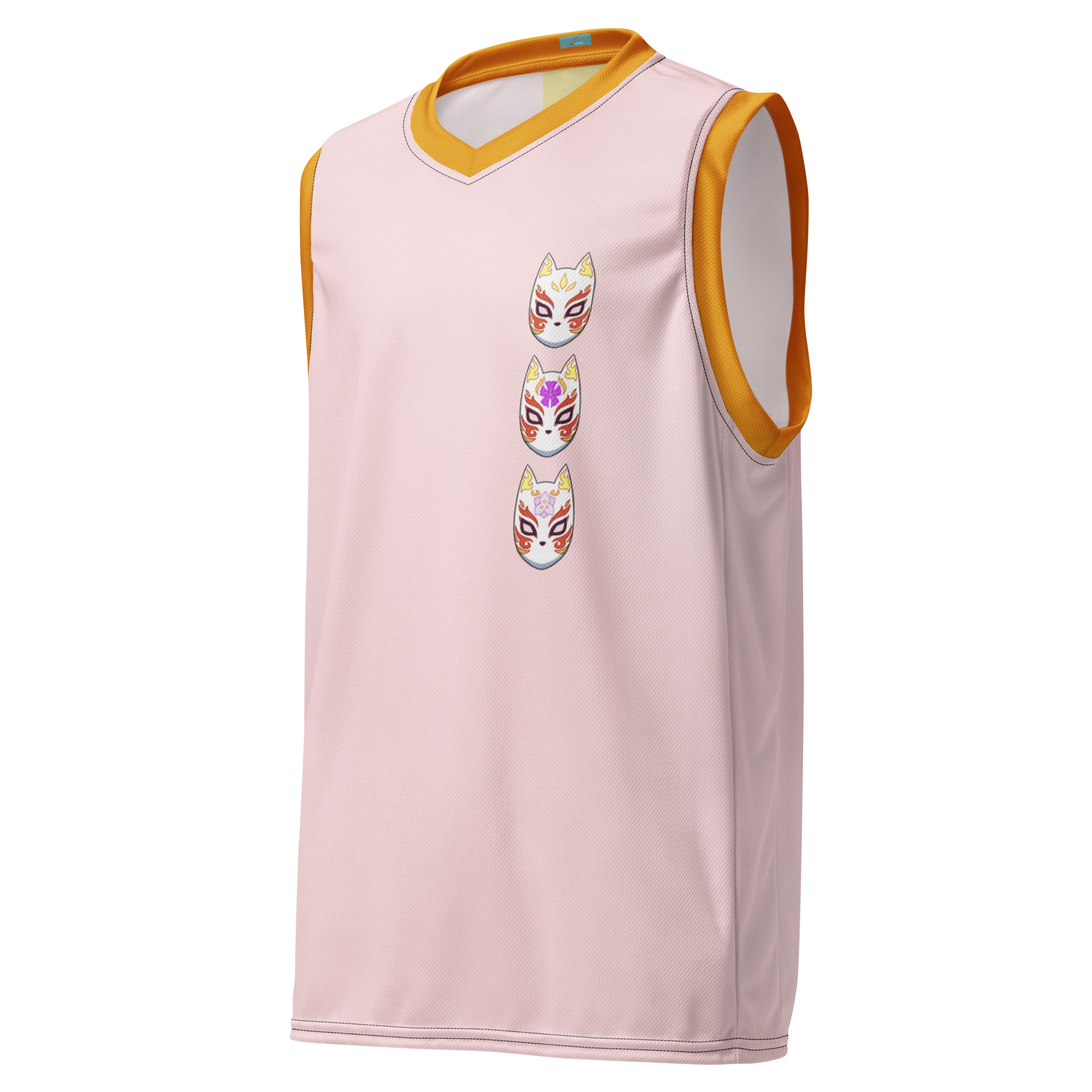

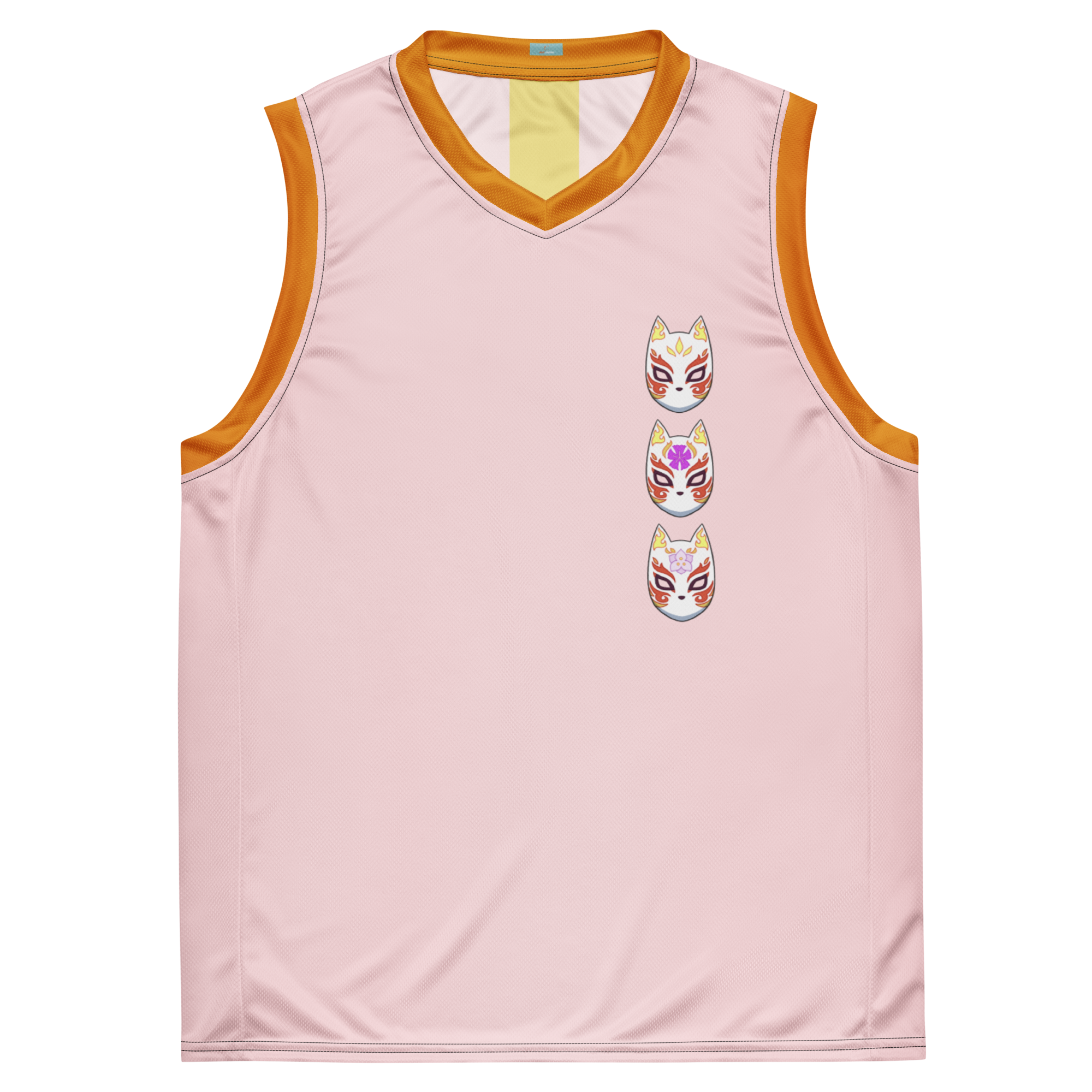

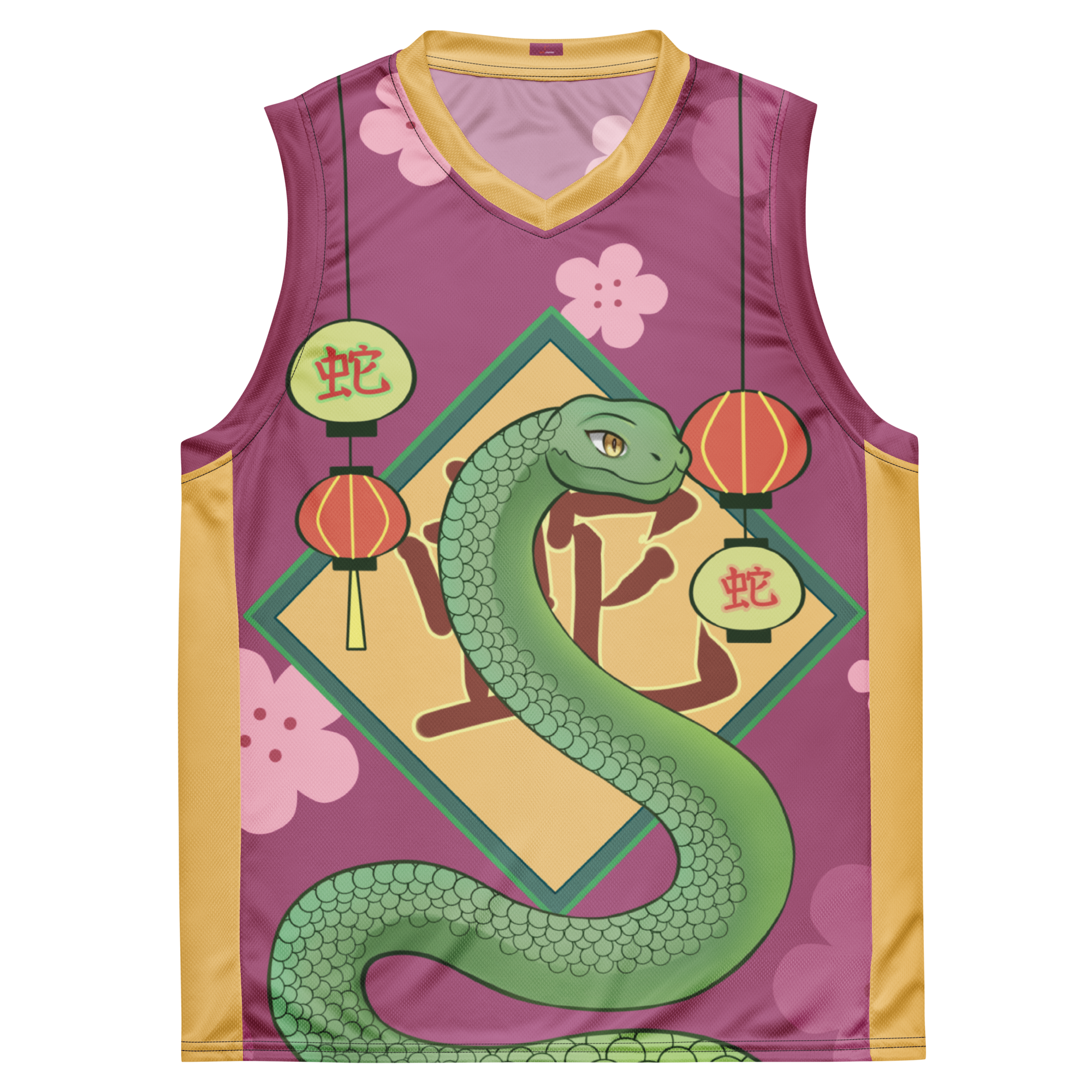
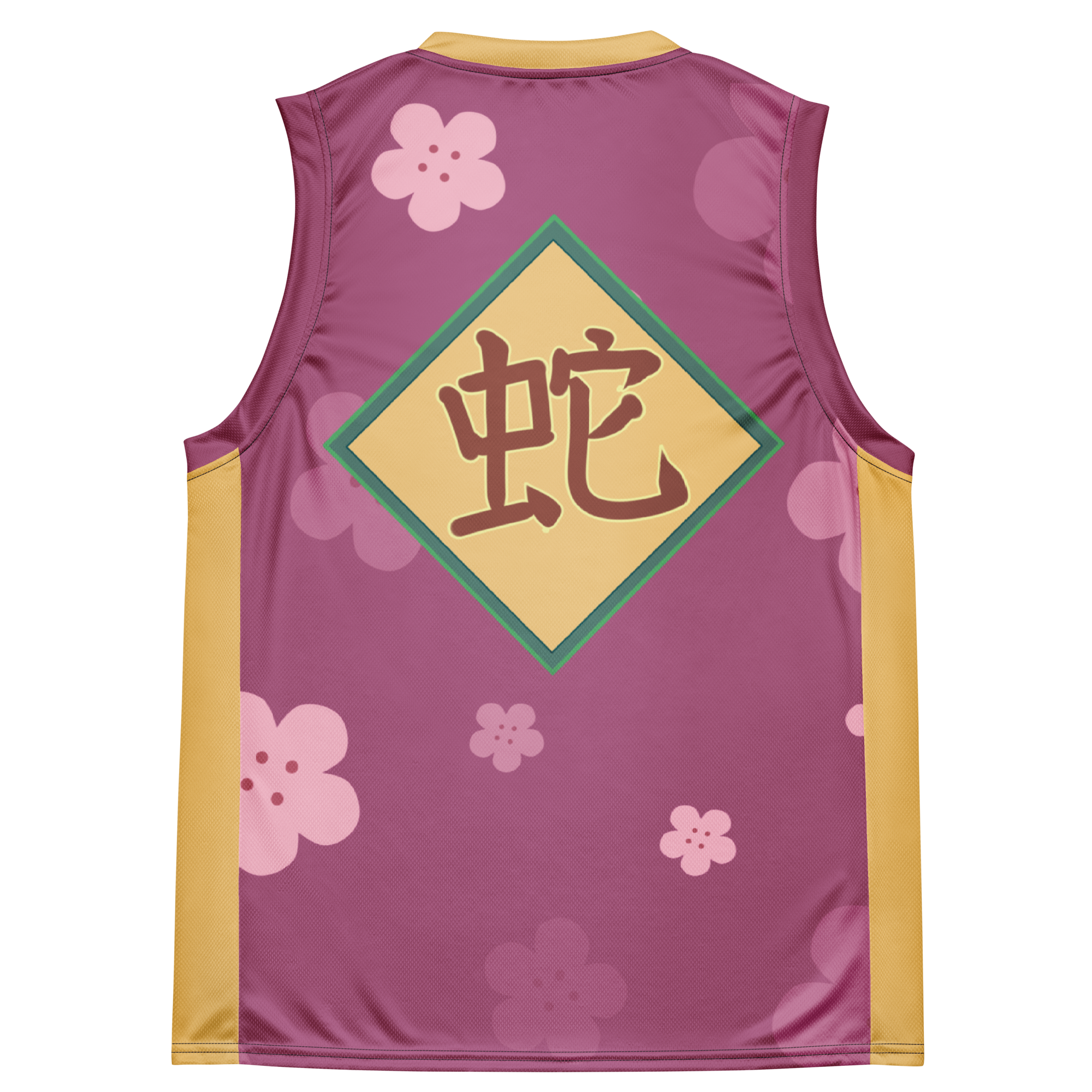
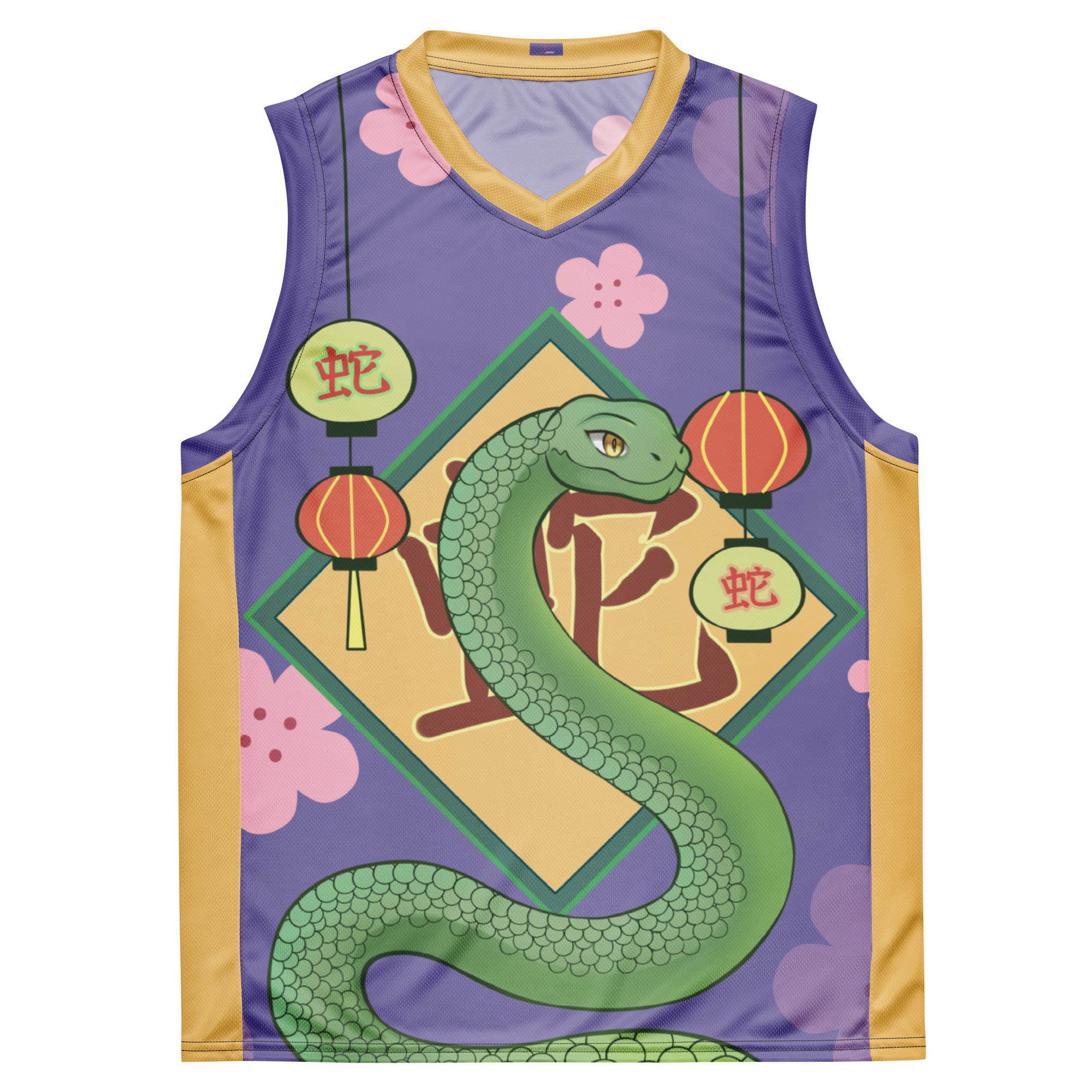
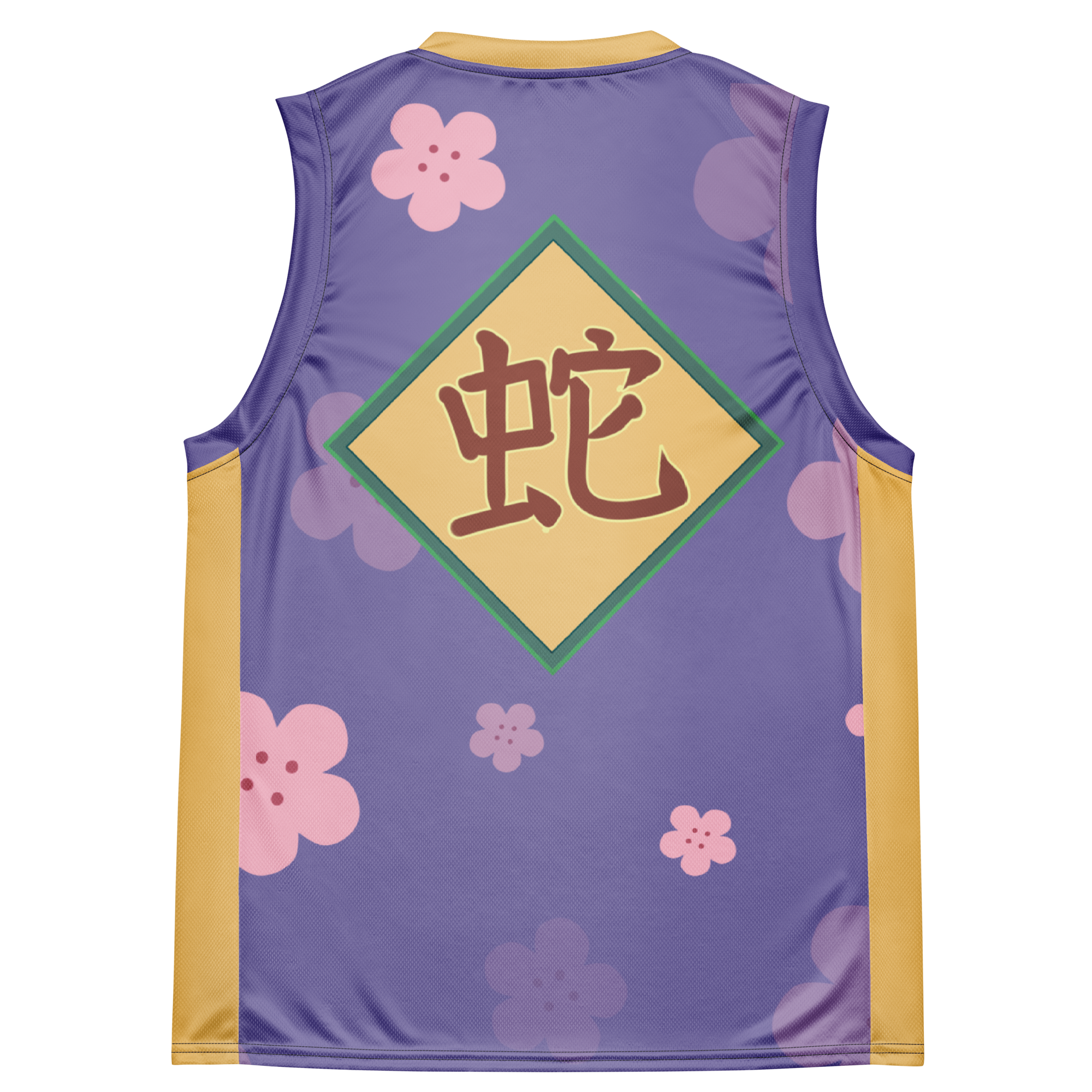
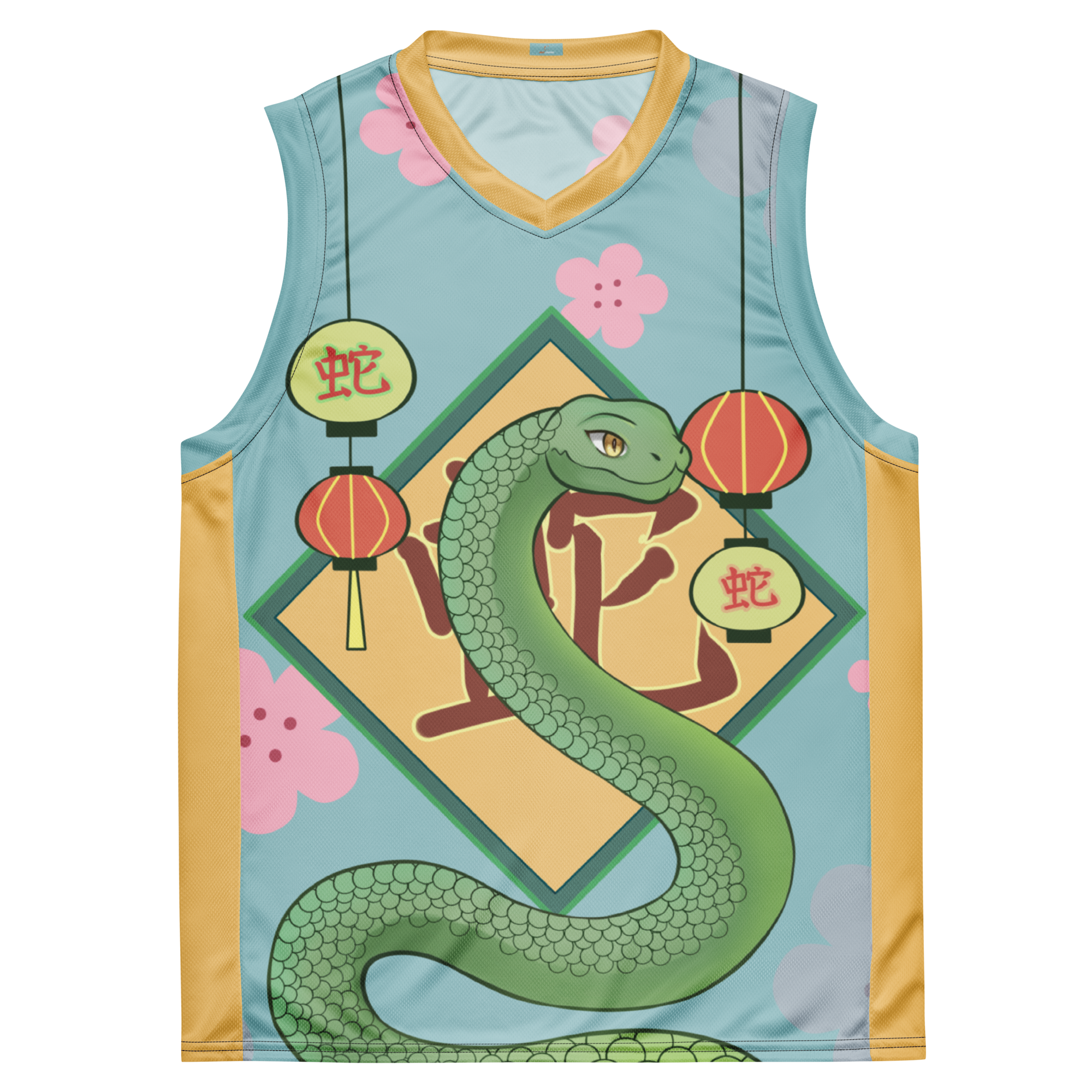
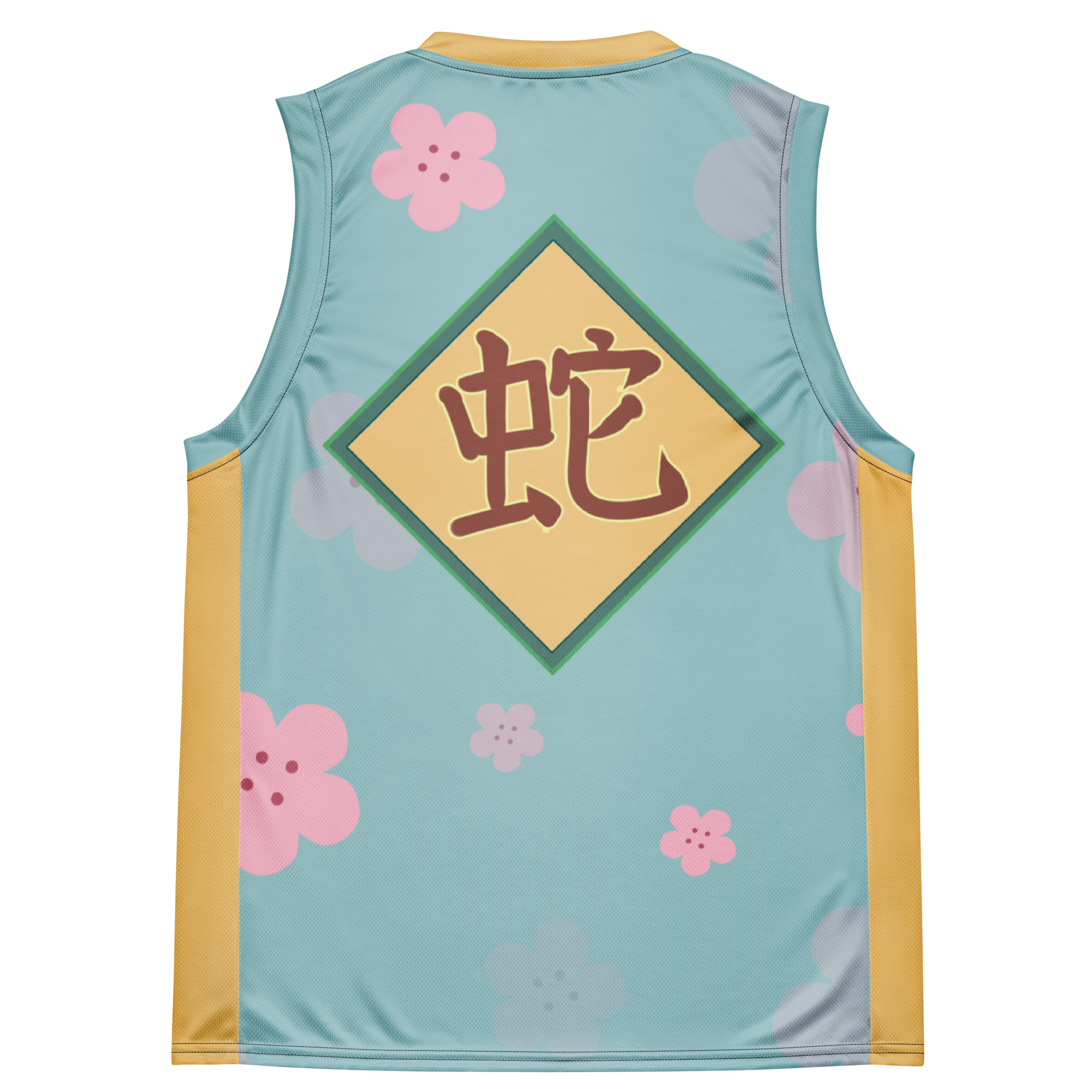
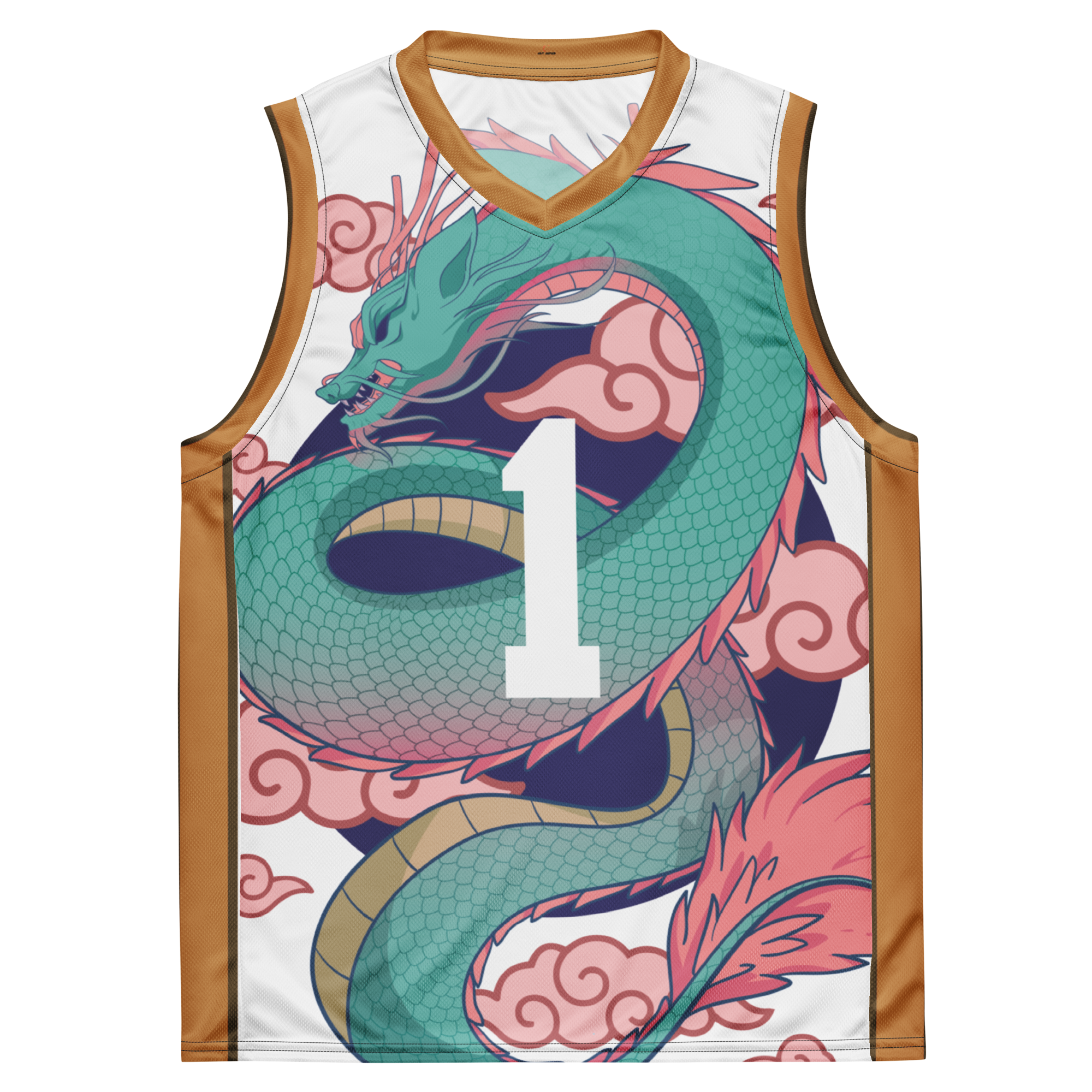

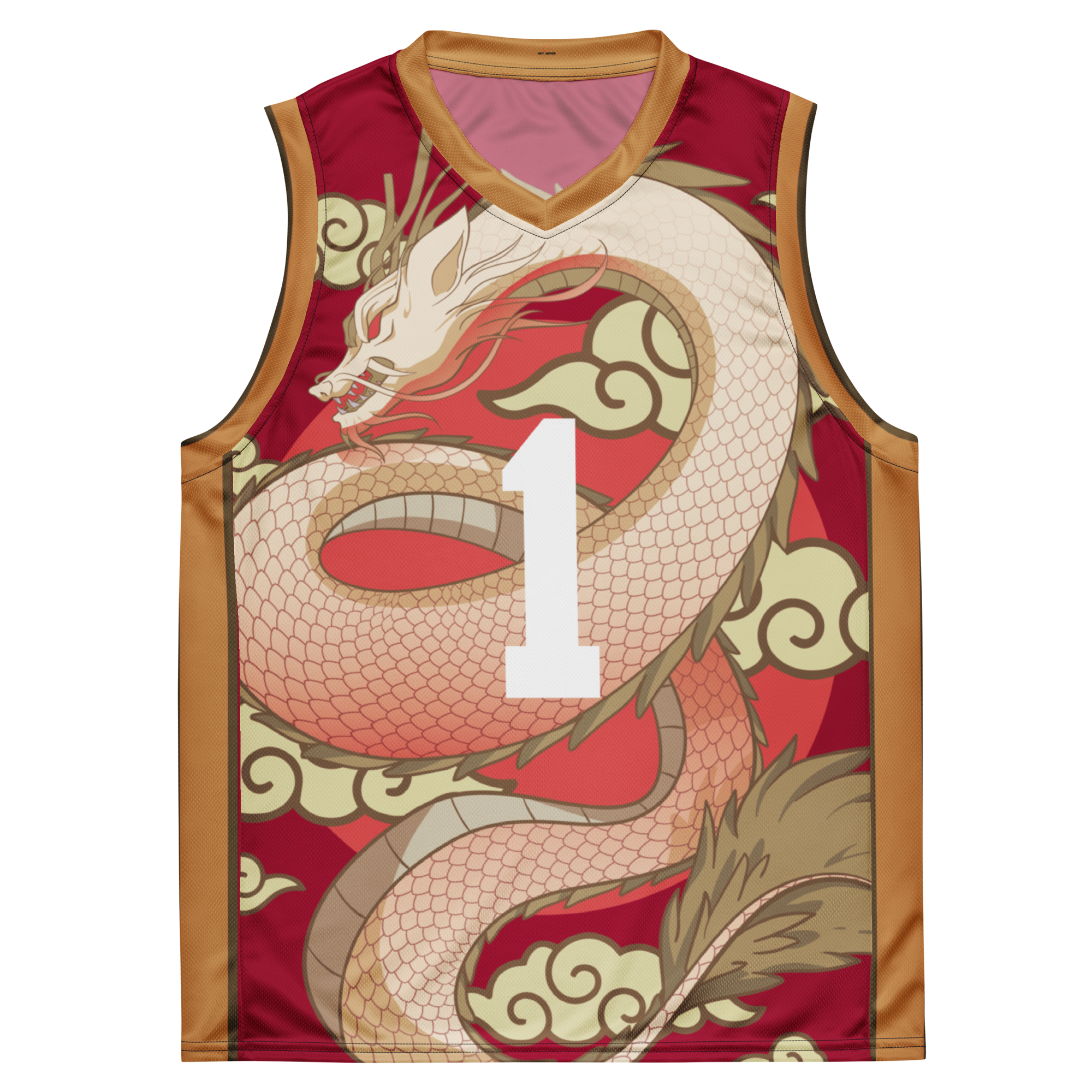
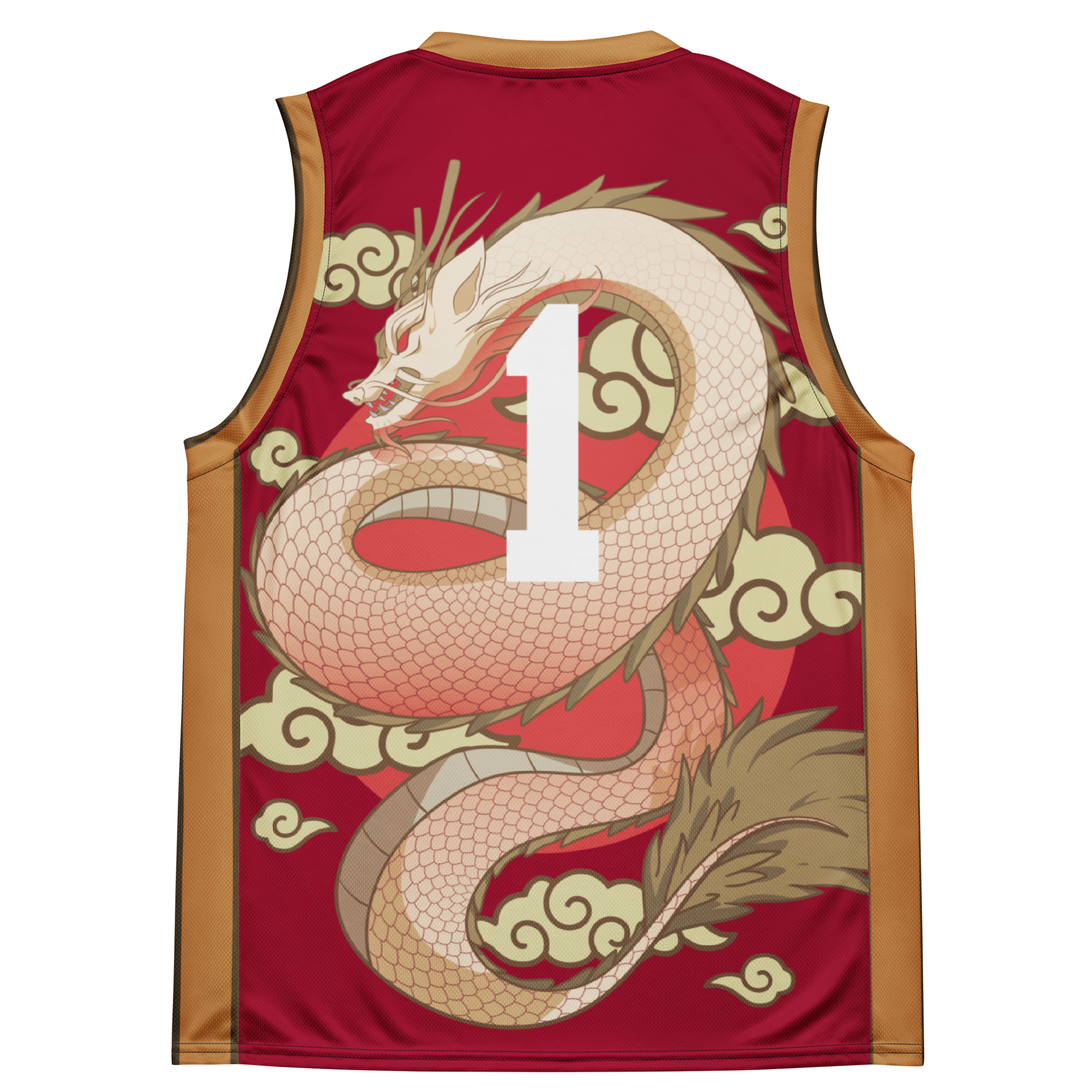





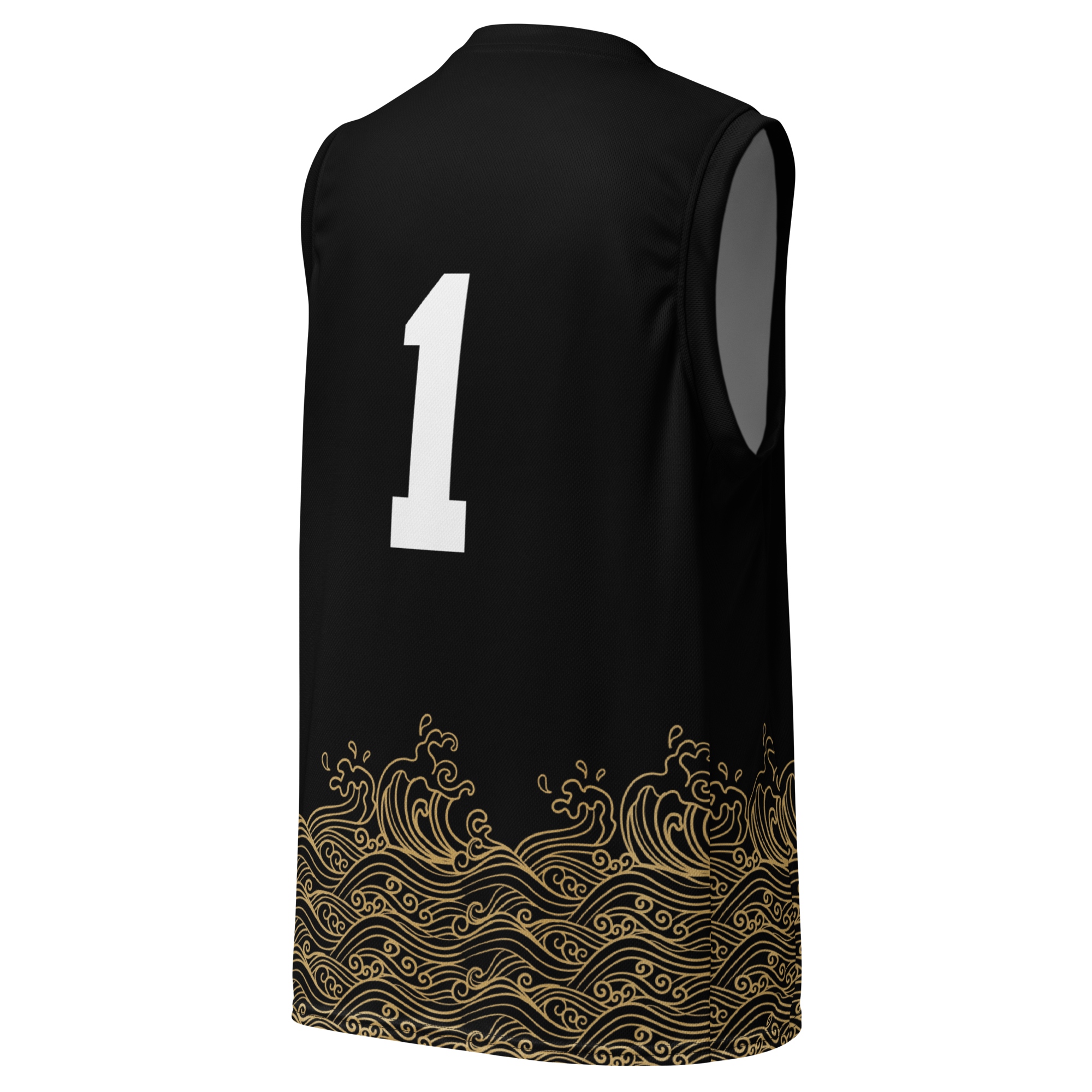


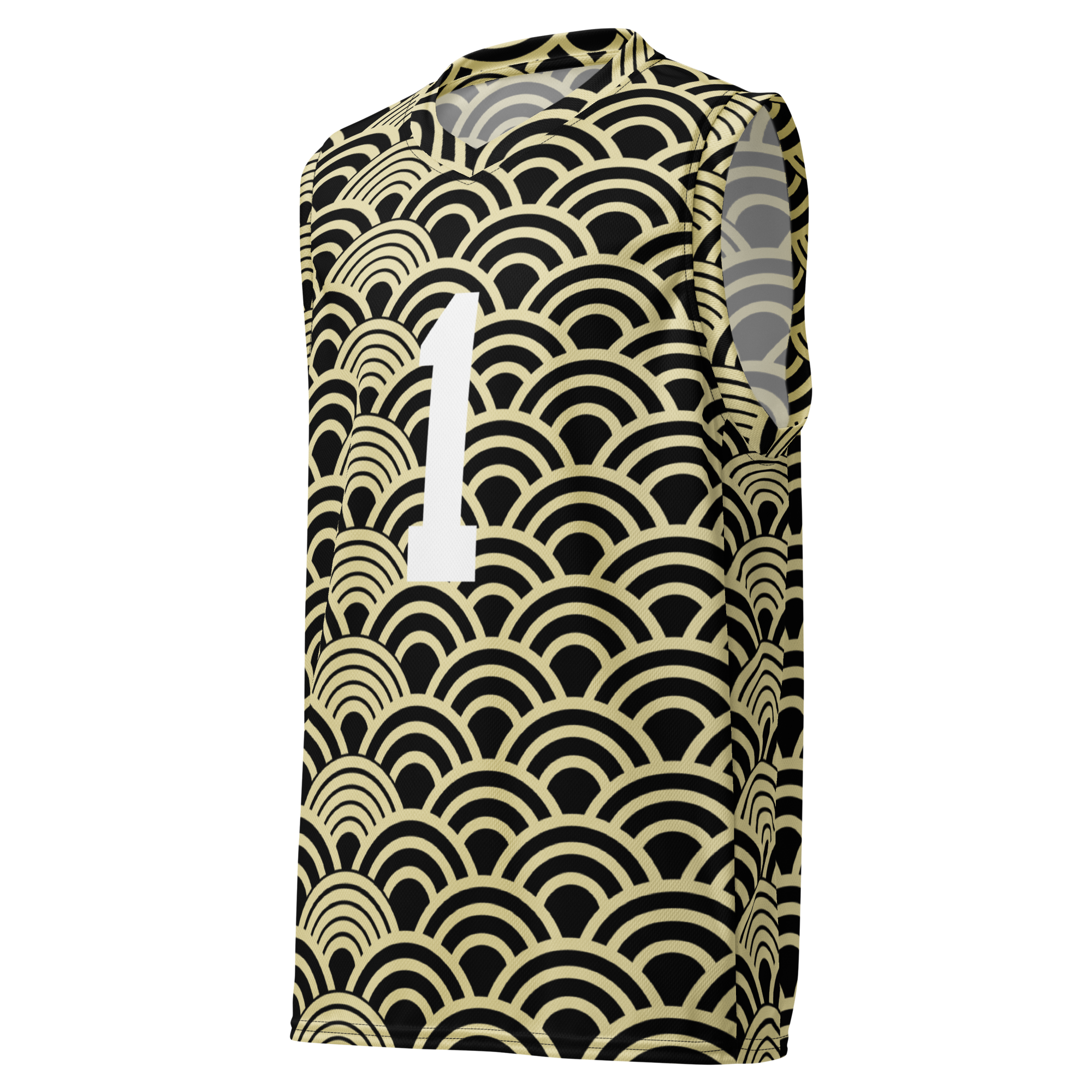
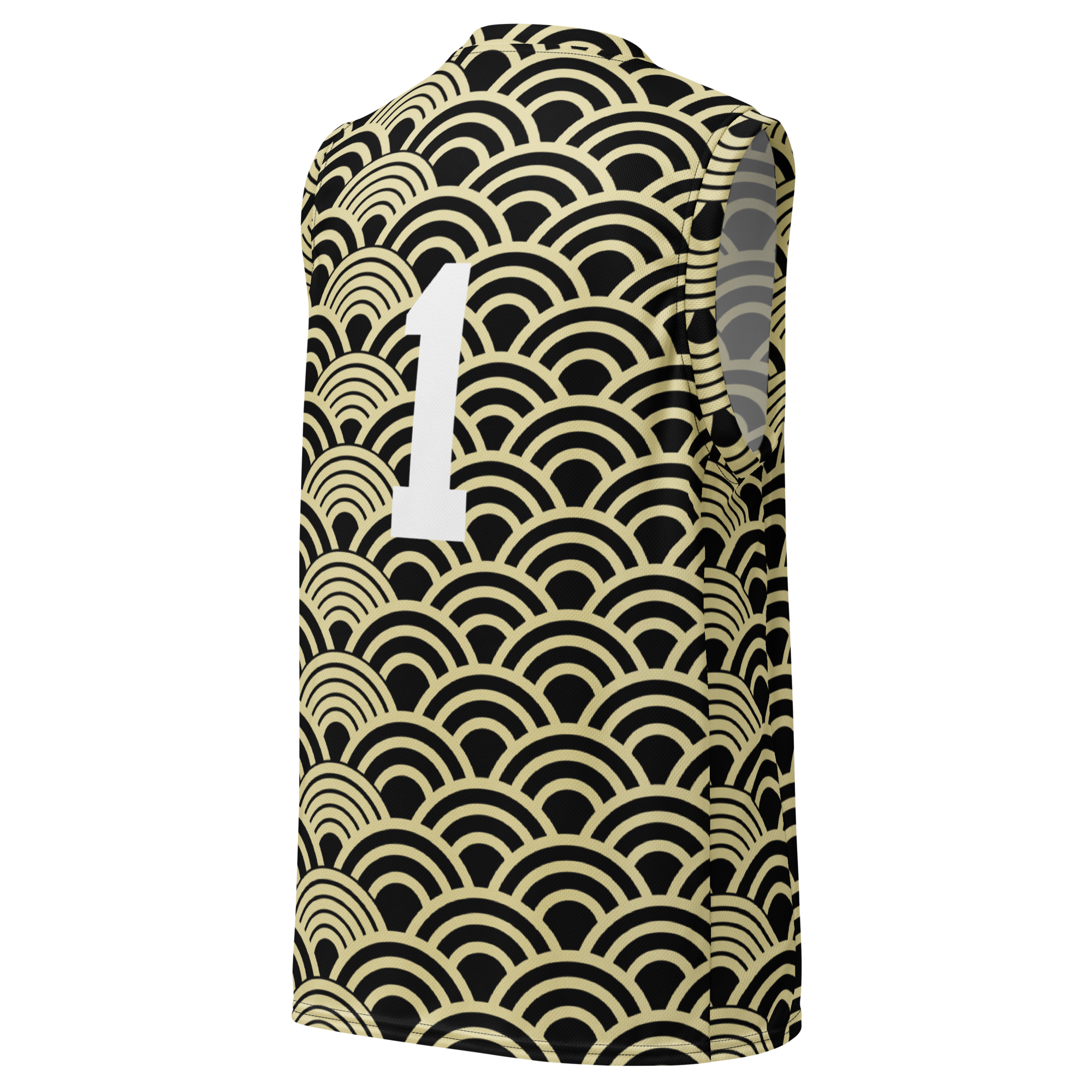
Leave a comment